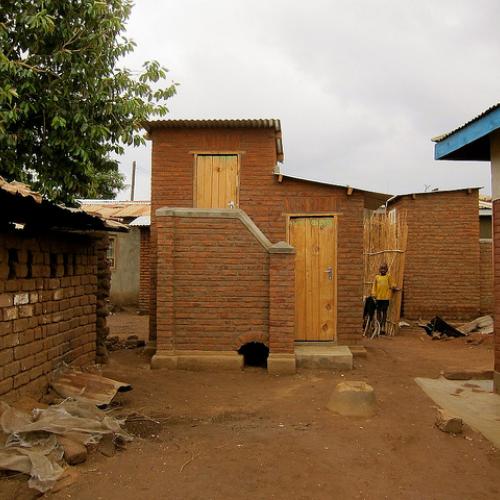International Institute for Environment and Development
The International Institute for Environment and Development (IIED) is one of the world’s most influential international development and environment policy research organisations. Founded in 1971 by economist Barbara Ward, who forged the concept and cause of sustainable development, IIED works with partners on five continents to build bridges between policy and practice, rich and poor communities, the government and private sector, and across diverse interest groups. They contribute to many international policy processes and frameworks, including the Intergovernmental Panel on Climate Change, the Millennium Ecosystem Assessment and the UN conventions on climate change and biological diversity.
IIED carries out research, advice and advocacy work, action research informed through hands-on research with grassroots partners, and publication in journals. They advise government, business and development agencies, and argue for changes in public policy. IIED focus on bottom-up solutions, stay open to flexible, adaptable solutions and are marked by a tradition of challenging conventional wisdom through original thinking.
SHARE formed a partnership with IIED in 2010 to generate rigorous and relevant research for use in the field of sanitation and hygiene for equity. They led a range of projects on urban sanitation, most notably the City-Wide Sanitation project.


